Ep. 184 | The History of Chinese Philosophy (Part 1)
The CHP is back with a 9-Part overview covering the history of Chinese philosophy. The series will run from pre-Confucian times clear through to Wang Yangming in the mid-Ming Dynasty, a period stretching for more than two thousand years.
Thank you for your patience and I hope you enjoy the series.
Listen On Your Favorite Podcast Player
Terms in Episode
| Pinyin/Term | Chinese | English/Meaning |
|---|---|---|
| Art of War | 孙子兵法 | Sun Tzu's all time best seller |
| Bǎi Jiā | 百家 | The Hundred Schools |
| Cài Lún | 蔡伦 | 41-121 CE Han era inventor of paper making. |
| Féng Yǒulán | 冯友兰 | 1895-1990 author of the "A Short History of Chinese Philosophy" |
| Guǎn Zhòng | 管仲 | 720 to 645 BCE |
| Han Dynasty | 汉朝 | China's 2nd imperial dynasty following the Qin. Ran four hundred years from 206 BCE to 220 CE |
| Huǒ Shī | 火师 | a ceremonial post at the royal court that involved anything having to do with fire |
| Hán Fēizǐ | 韩非子 | 280-233 Legalist philosopher who studied under Xunzi. A colleague of Li Si (much to his later regret) |
| Hénán province | 河南省 | One of the most ancient of provinces anywhere on earth. Their Tourism slogan is "Where China Began" |
| Hóngdòushā | 红豆沙 | Red Bean Soup...the classic southern Chinese banquet closer classic |
| Jiǔ Chí Ròu Lín | 酒池肉林 | The Wine Pool and Meat Forest |
| Jī clan | 姬家族 | the founders of the Zhou Dynasty |
| Jīn Yōng | 金庸 | Pen name of the great and venerable Dr. Louis Cha Leung-yung |
| Jūnzǐ | 君子 | A man of noble character, of virtue, an ideal man whose character embodied the virtue of benevolence and whose acts were in accordance with the rights and with rightness (Thanks Pleco) |
| King Jié of Xià | 夏桀 | The venal last king of the Xia Dynasty who may have lived 1728-1625 BCE |
| King Wén | 周文王 | 1152-1056 BCE, founder of the Zhou Dynasty and a role model for what it means to be a virtuous and benevolent ruler |
| King Wǔ | 周武王 | Son of King Wen and no less a standup guy. Also helped to found the Zhou. Older brother to the Duke of Zhou |
| King Yíng Zhèng | 秦嬴政 | The King of Qin who later founded a dynasty |
| King Zhòu Xīn of Shāng | 商纣辛 | The equally venal final king of the Shang Dynasty, 1075-1046 BCE |
| Kòu Ròu | 扣肉 | Arteriosclerosis-inducing braised pork belly dish |
| Kǒngfūzǐ | 孔夫子 | Confucius |
| Laǒzǐ | 老子 | Also known as Lao Tzu. Died around 531 BCE. The work he is known for, the Daidejing, is also known as The Laozi |
| Lièzǐ | 列子 | Philosopher who lived from 450-375 |
| Luòyáng | 洛阳 | Capital of several ancient dynasties |
| Lúnyǔ | 论语 | Analects of Confucius |
| Lǐ Sī | 李斯 | 280-208 BCE, Legalist great and minister to the Qin Emperor. He had Han Fei done in! |
| Mèngzǐ | 孟子 | Confucian philosopher who lived from 372-289 BCE |
| Míng Dynasty | 明朝 | Dynasty that ran from 1368-1644 |
| Mòzǐ | 墨子 | The first naysayer of Confucius, lived from 470-391 BCE |
| Mó Xǐ | 妺喜 | Xia King Jie's sadistic concubine |
| Qiánlóng Emperor | 乾隆帝 | One of China's great emperors, ruling 1735-1796 |
| Qí Huán Gōng | 齐桓公 | Duke Huán of the State of Qí |
| Qí State | 齐国 | Neighboring state of Lu in Shandong Province |
| Qīng dynasty | 清朝 | China's last dynasty 1644-1911 |
| Rénběnzhuyì | 人本主义 | Humanism |
| Rú school | 儒家 | Confucianism is associated with this school |
| Shì | 士 | Many definitions but mainly means scholar or soldier |
| Shùn | 舜 | Another legendary Sage King who may have lived from 2294-2184 BCE |
| Shāng | 商朝 | First dynasty in China for which there is archaeological proof. Ran from roughly 1600 to 1046 BCE |
| Sìkù Quánshū | 四库全书 | "The Complete Library in Four Sections" One of Qianlong's gifts to posterity, 36,381 volumes, 2.3 million pages, 800 million characters |
| Sīmǎ Qiān | 司马迁 | China's Herodotus, writer of The Record of the Grand Historian |
| Sūnzǐ | 孙子 | Sun Tzu, writer of the Art of War |
| Tiānmìng | 天命 | The Mandate of Heaven |
| Treaty of Nanjing | 南京条约 | Signed in 1842, the most famous of the Unequal Treaties |
| Tàocān | 套餐 | A set course meal |
| Western Zhou | 西周 | Founded by King Wen in 1046 BCE. It ran until 771 BCE |
| Wáng Yángmíng | 王阳明 | Ming era scholar-statesman-general-philosopher 1472-1529 |
| Wǔxiá novels | 武侠小说 | A genre of Chinese fiction filled with martial artists and brave characters |
| Xiá Shì | 侠士 | Pleco defines them as knights-errant; practiced swordsman; gallant fighter; swashbuckler |
| Xúnzǐ | 荀子 | Confucian philosopher who lived from 313-238 BCE |
| Xīān | 西安 | Present day capital of Shaanxi Province. Also the site of several ancient capitals during the Zhou, Han and Tang |
| Xūqiú | 需求 | Demand |
| Yáo | 尧 | The legendary Sage King who may have lived from 2356-2255 BCE |
| Yì Jīng | 易经 | Known as the I Ching where I come from. An all in one divination guide and a whole lot more. |
| Yù Xióng / Yùzǐ | 鬻熊 / 鬻子 | Pre-Confucian philosopher who served the first Zhou kings |
| Yù Xióng/Yùzǐ | yuxiong | Master Yù, who lived around the time of the founding of the Western Zhou |
| Yǔ | 禹 | Yu the Great, founder of the Xia Dynasty |
| Zhuāngzǐ | 庄子 | Daoist philosopher who lived from 369-286 BCE. Also the name of the book he is best known for. |
| Zhànguó shídài | 战国时代 | The Warring States Period |
| Zhōngguó Zhéxué Shǐ | 中国哲学史 | A Short History of Chinese Philosophy by Feng Youlan |
| Zhōu Gōng | 周公 | The Duke of Zhou, featured in CHP episode number 59 |







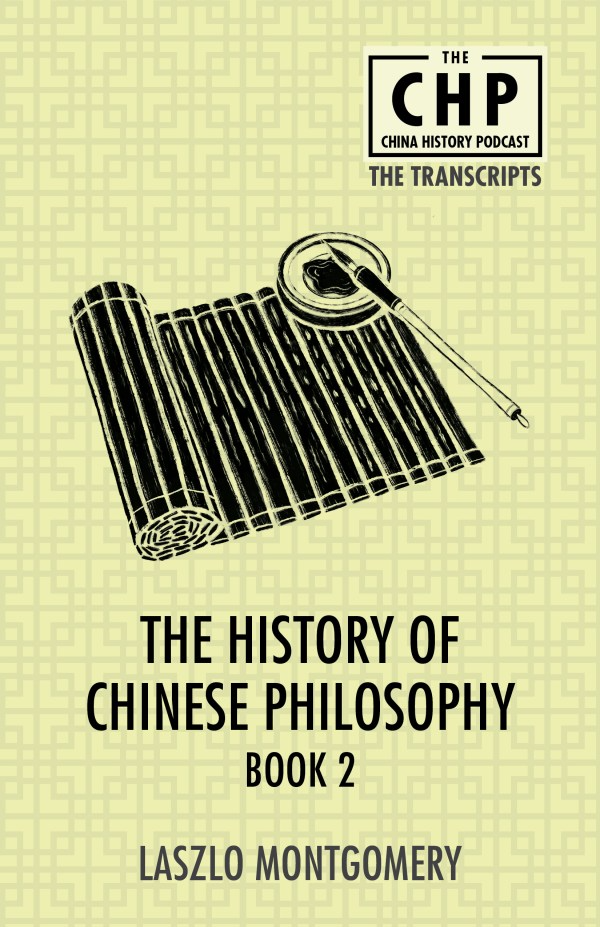
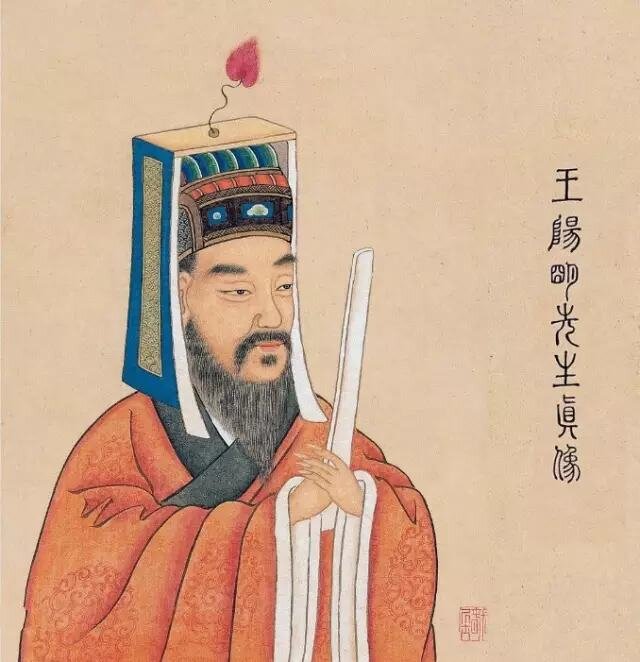
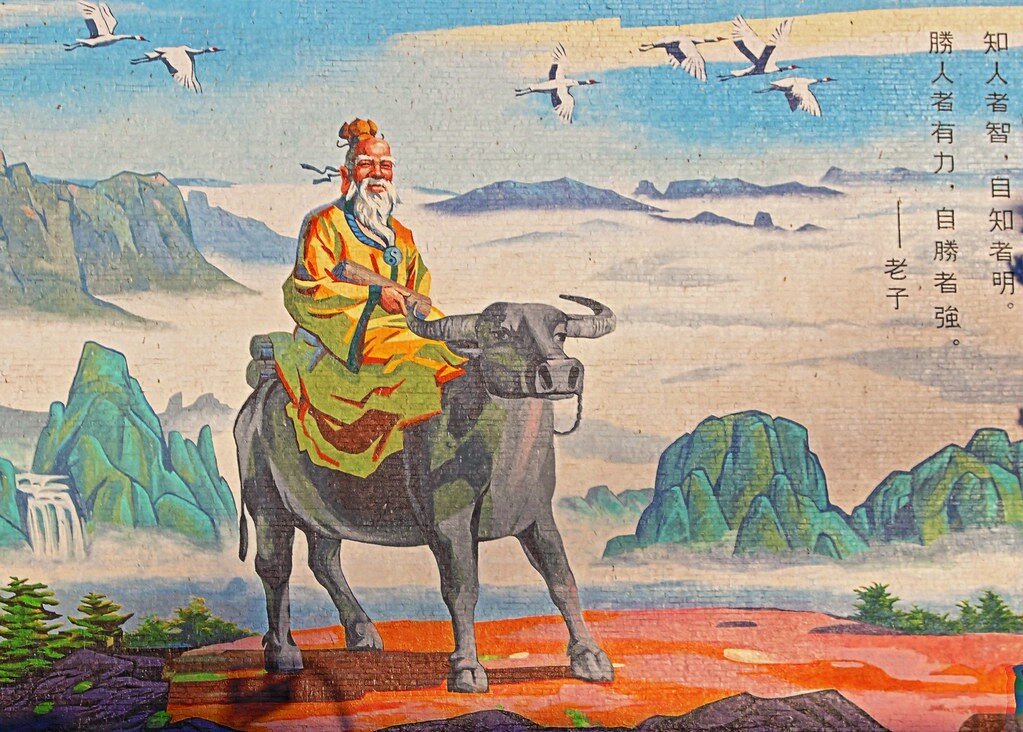
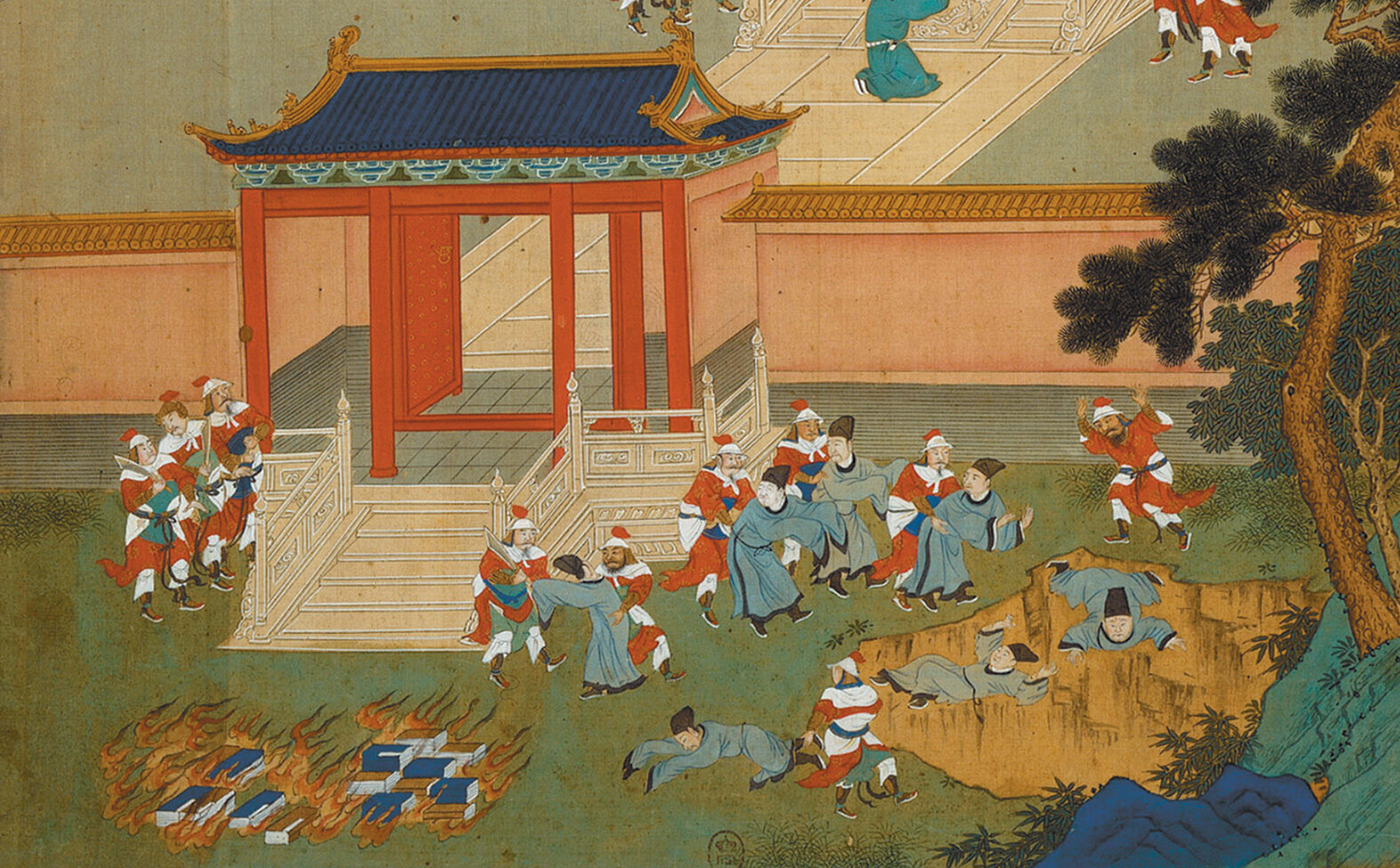

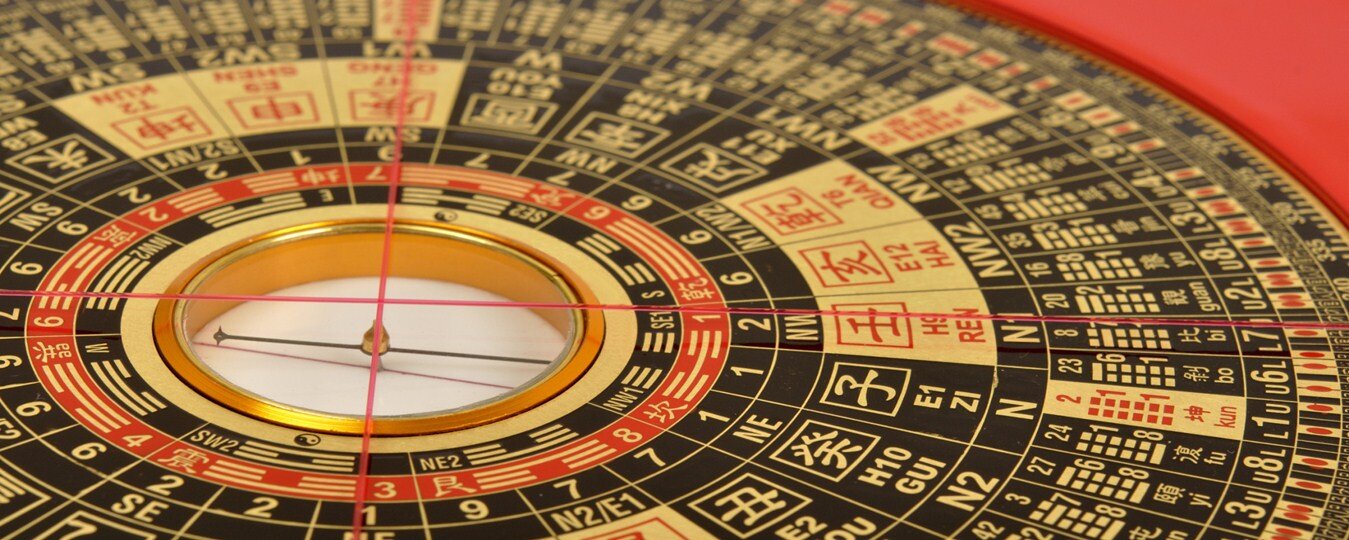
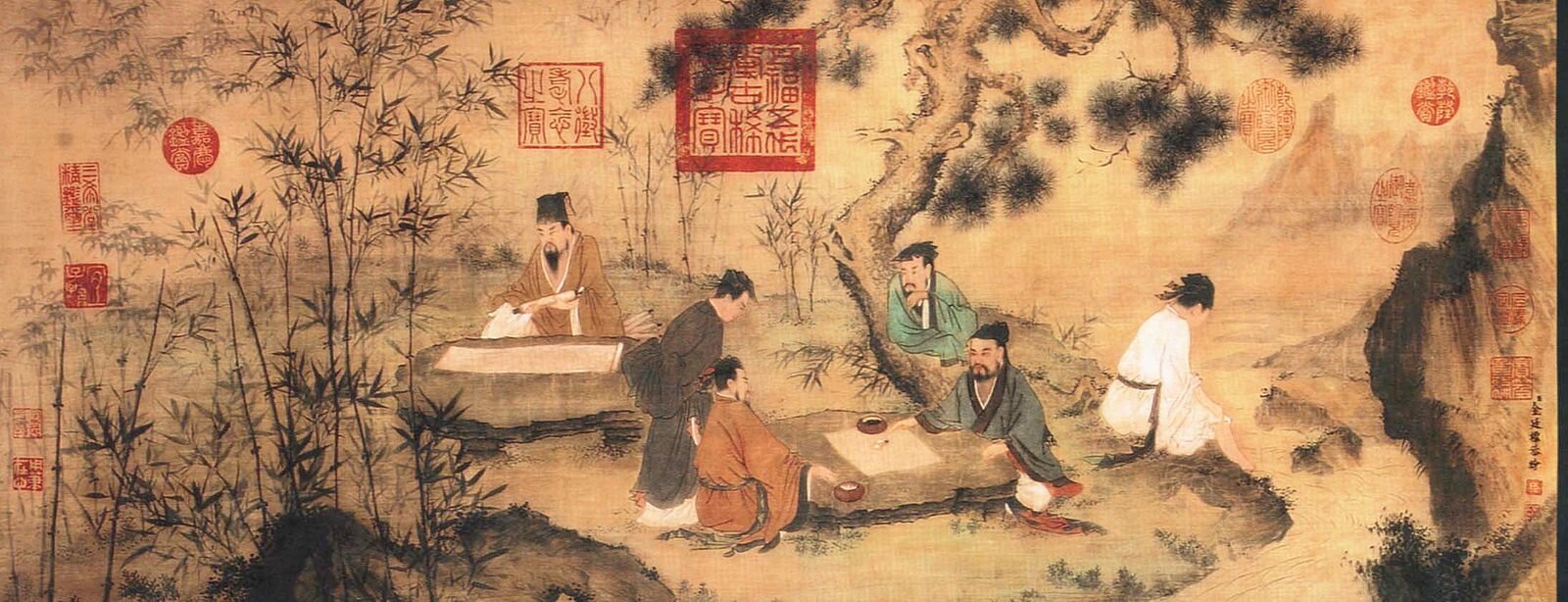
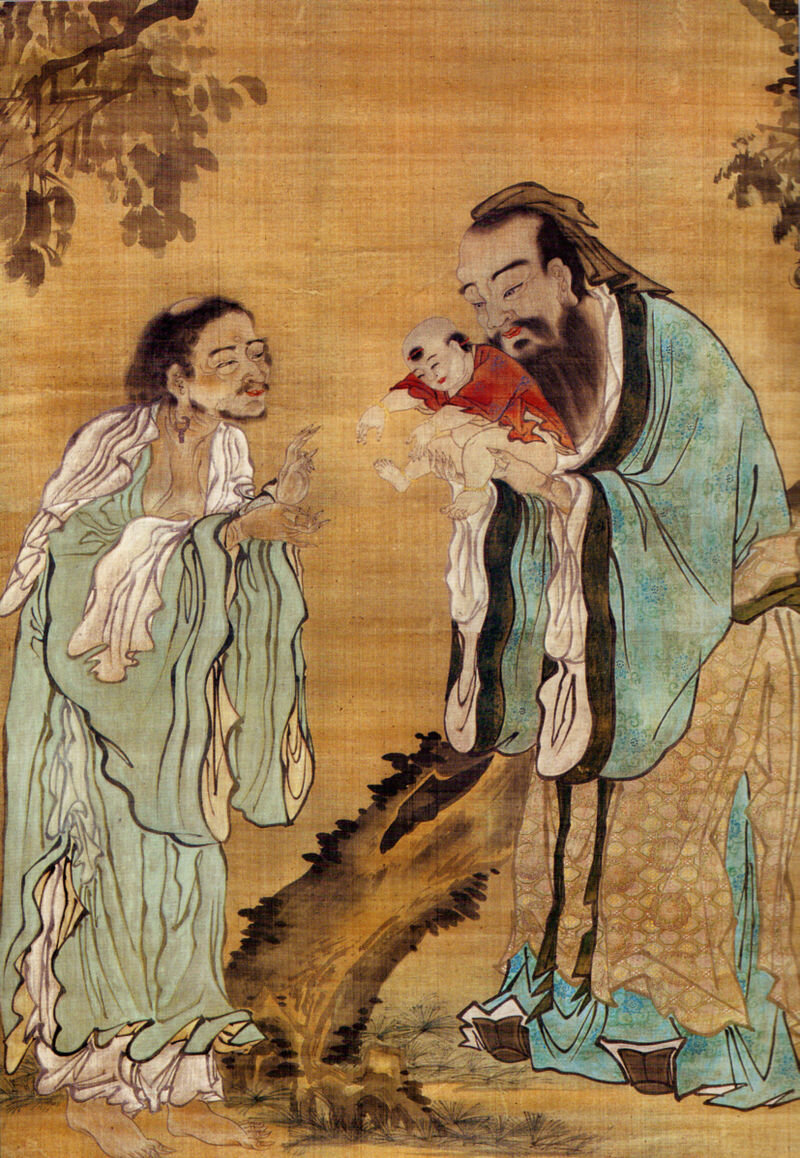
And here's the second part of the Daoism overview with a focus on Zhuangzi 庄子